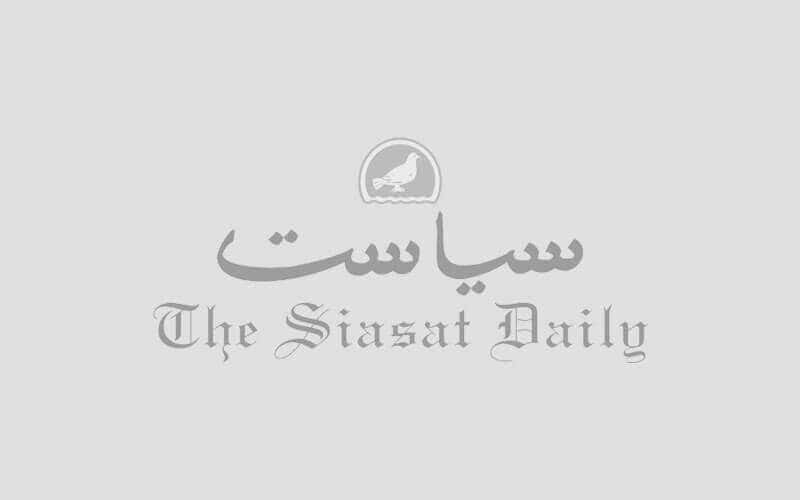Istanbul: A Turkish court has ordered the release from detention of eight human rights activists including Amnesty International’s director of Turkey Idil Eser, who are on trial over contested terror charges.
On the other hand, the court ordered that Amnesty’s Turkey chair Taner Kilic remain in detention, an AFP correspondent at the court said yesterday.
A total of 11 activists including a German and a Swedish national went on trial in Istanbul Wednesday. which the rights watchdog sees as a test case for the Turkish judiciary.
All bar two of the activists had been behind bars since a police raid in July on a workshop run by Amnesty on an island off Istanbul.
The two foreigners are free to leave the country, a defence lawyer told AFP, after the activists are released as expected overnight.
Kilic was detained in June and his case has been merged with that of the other 10 activists as prosecutors claimed he was aware of preparations for the workshop.
He has been charged with membership of an armed terror group while the others are charged with “aiding” an armed terror group. Kilic was present in court via video link from prison.
He will also appear at a hearing on Thursday in Izmir, western Turkey, on a separate charge of being a member of the organisation accused of launching last year’s failed coup.
Salil Shetty, Amnesty’s secretary general, said that the rights group could “finally celebrate friends and colleagues” returning to loved ones and their homes, but “any joy is tainted by the ongoing detention” of Kilic.
The activists are accused of seeking to wreak “chaos in society” — a similar charge to the one brought against anti- government protesters whose demonstrations rocked Turkey in the summer of 2013.
Eser said she rejected all the accusations.
“Defending human rights is not a crime. It is out of the question for Amnesty International to set an agenda in line with terror groups,” she told the court.
Eser said Amnesty defended individuals’ rights irrespective of their political views, showing as an example the group’s support for President Recep Tayyip Erdogan when he was jailed for reciting a poem in 1998.
Ozlem Dalkiran, of Citizens’ Assembly, said she read the indictment many times but “as a human rights defender I barely understand how a workshop ends up being linked to aiding an armed terror group.”
The charges amplified concerns over freedom of expression in Turkey under the state of emergency imposed after last year’s failed coup.
Ankara blamed the coup attempt on the self-exiled Muslim preacher Fethullah Gulen, who denies the accusations.
Erdogan in July said the activists were detained after a tip-off that they were working against the government.
Amnesty International’s Turkey researcher Andrew Gardner said the case against the human rights defenders was “a completely baseless prosecution that doesn’t have a shred of evidence and doesn’t stand up to the slightest scrutiny”.
“The case will be a test case for Turkey’s judiciary,” he told AFP.
—AFP

